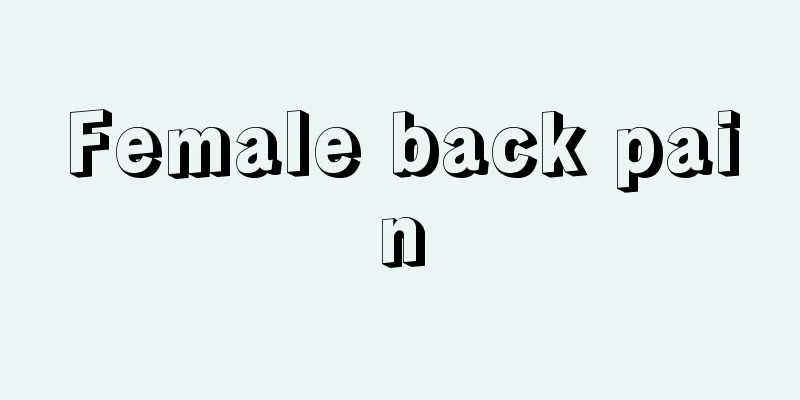What are the traditional Chinese medicine treatments for uterine prolapse?

|
Many postpartum women will experience uterine prolapse, especially those who do not pay attention to rest, often do some supine or squatting movements, or often do gravity work, etc., which can induce uterine prolapse. Although there are many treatments for uterine prolapse, we tend to recommend the use of traditional Chinese medicine. Here are some traditional Chinese medicine treatment methods and measures. Women who have given birth are more likely to suffer from uterine prolapse. Grade 1 and 2 uterine prolapse can be treated through traditional Chinese medicine and diet. Grade 1 and 2 uterine prolapse can be treated through Chinese medicine, diet, and acupuncture, which are generally effective and can retract on their own. However, if it is grade 3 uterine prolapse, surgical treatment may be required. Here are some tips for treating uterine prolapse: 1. Dietary Remedies Ingredients: 1 young rooster, 3 slices of ginger, 30 grams of Astragalus, 3 red dates, 10 grams of Cimicifuga Method: Kill the rooster, remove the internal organs and clean it, put other medicinal materials into the chicken's stomach, then put it into a stewing pot, add 2 bowls of water, and simmer it over low heat for 2 hours. Directions: Drink the soup and eat the meat, consume twice a week, and observe the effect after taking it for 8 consecutive times. 2. Sitz bath recipe Ingredients: 60g of five-fingered peach, 30g of motherwort, 50g of Citrus aurantium, 10g of Cimicifuga heracleifolia Method: Add water to the ingredients and boil them into a soup. Pour the soup into a basin and when the temperature is about right, sit in the bath for 20 minutes. Do this once a day for 7 days as a course of treatment. The above introduces some folk remedies for treating uterine prolapse. To prevent uterine prolapse, mothers should avoid getting out of bed too early and avoid heavy physical work. Women who have already developed uterine prolapse should pay attention to bed rest, avoid standing or squatting for long periods of time, and pay attention to increasing nutrition and exercising. The article introduces several traditional Chinese medicine treatment methods for uterine prolapse. In addition to these, acupuncture, acupressure, massage, moxibustion, laser, etc. can all be used for treatment. Moreover, Chinese medicinal materials such as ginseng, angelica, jujube, wolfberry, orange peel, corn silk, astragalus, etc. can all treat uterine prolapse in women after childbirth, and attention should also be paid to diet. |
<<: How should right uterine adnexal cyst be treated?
>>: How should ovarian cysts be treated better?
Recommend
Which city in Yunnan is Xishuangbanna? What are the local specialties of Xishuangbanna?
Xishuangbanna is famous for its tropical rainfore...
This kind of food that you think is very "dirty" is actually rich in nutrients
Duck blood is a very common food ingredient, smoo...
How many days should I rest after medical abortion?
Pregnancy is something many women will consider w...
Why is the leucorrhea as elastic as jelly?
Leucorrhea is a fluid secreted by the female repr...
How to treat 2nd degree cervical erosion
Cervical erosion is actually a gynecological dise...
This type of cancer is often diagnosed in the middle or late stages! Women must do this examination after the age of 30!
Recently, at the National Breast Cancer Conferenc...
Left lower abdominal pain after ovulation
Some women will experience abdominal pain during ...
Dangers of walking during early pregnancy
In the early stages of pregnancy, if women walk a...
Why do women's waists hurt when sitting but not when standing?
The nature of many women's work requires them...
What are the effects of moxibustion? What are the contraindications of moxibustion?
Moxibustion itself is a method of using moxa, whi...
Reasons for scanty dark brown menstruation
Although menstruation brings great inconvenience ...
Several reasons that affect girls' poor sleep quality
According to expert statistics, each of us spends...
Can I bend over 56 days after hysterectomy?
Women should mainly rest in bed within one week a...
Can pregnant women eat Want Want Snow Cake?
Want Want Snow Cakes are crispy, sweet and have a...









